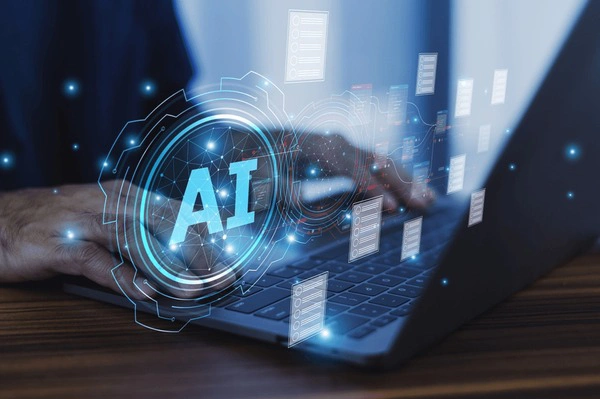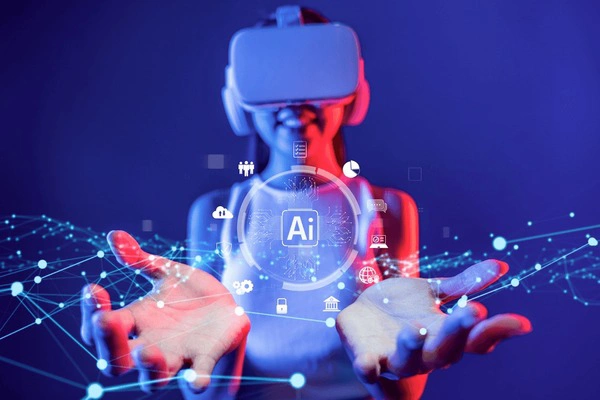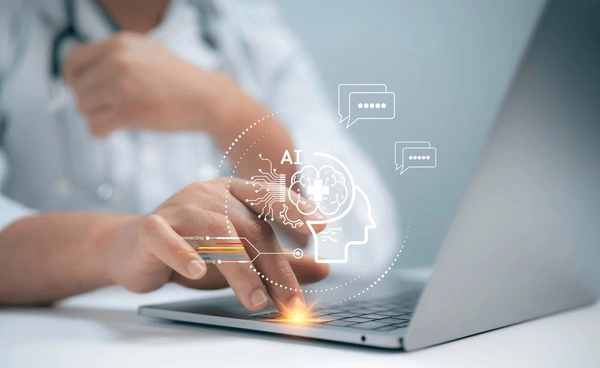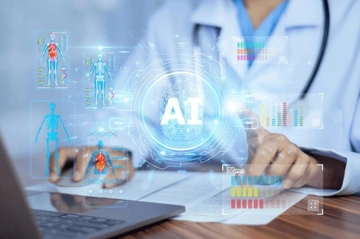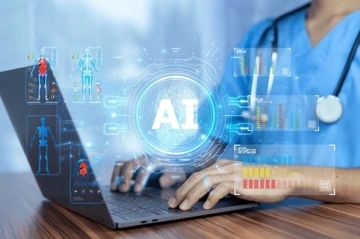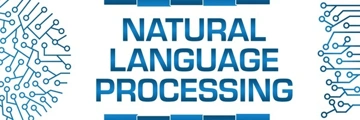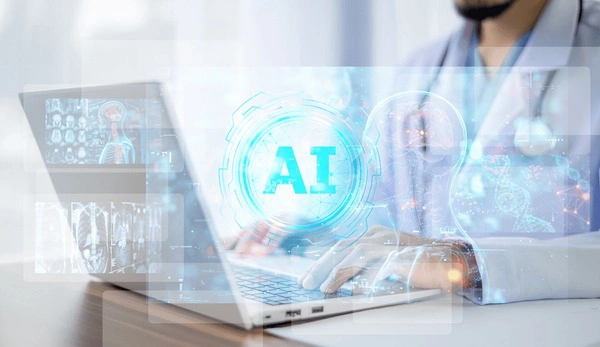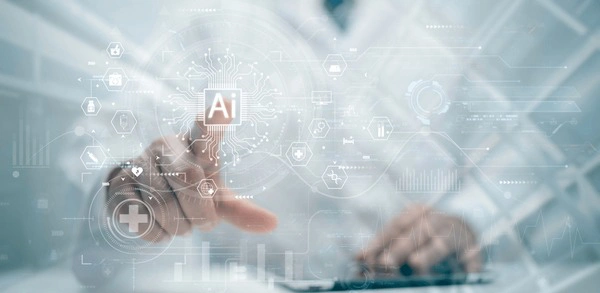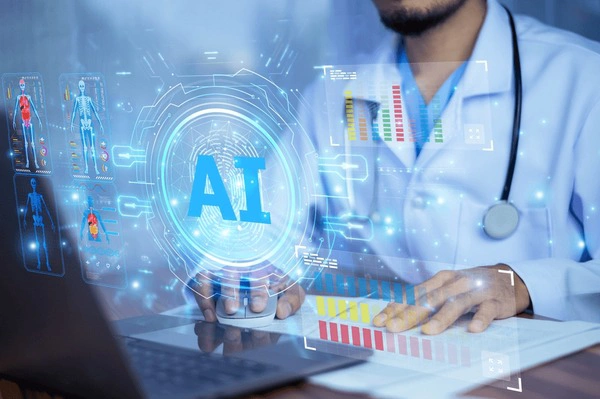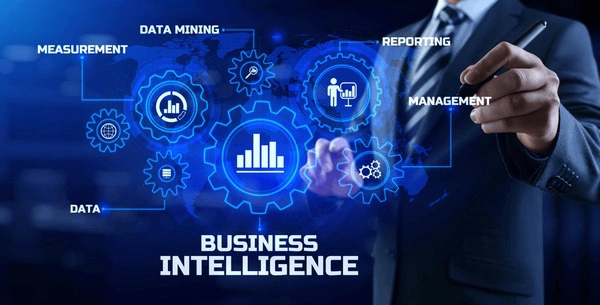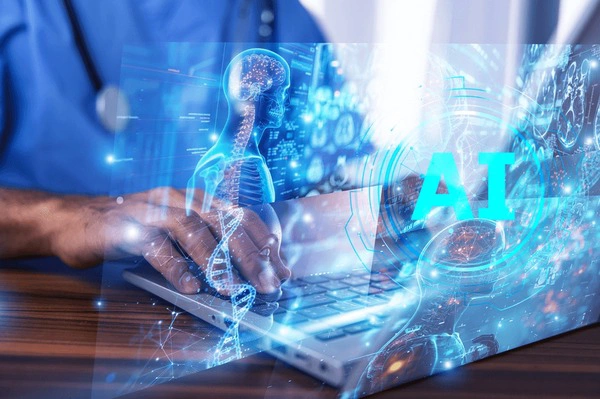
Transforming Emergency Care: The Impact of AI on Decision-Making and Triage
AI's integration into emergency care is a game-changer, offering robust tools for better decision-making and efficient patient triage. By analyzing real-time data, AI enhances the speed and accuracy of medical responses, optimizing outcomes and saving lives in urgent care settings.
Sophie Reed
29/11/2024 - 7 months ago

AI's Role in Emergency Care
Artificial Intelligence (AI) is revolutionizing many industries, and emergency care is no exception. AI helps healthcare professionals make quicker and more accurate decisions during emergencies. By analyzing vast amounts of data, AI systems can identify patterns and provide recommendations to doctors and nurses, thereby optimizing patient outcomes.
One of the most significant benefits of AI in emergency care is its ability to process real-time data. In emergency situations, every second counts, and AI can swiftly analyze information from various sources, such as patient records, medical histories, and current symptoms. This capability allows for a more informed and faster response, potentially saving lives.
AI's data-processing power also helps in predicting patient needs. By evaluating historical data and current health conditions, AI systems can foresee potential complications. This predictive ability allows medical personnel to prioritize treatment and allocate resources more efficiently, ensuring that patients receive the care they need promptly.
Improving Decision-Making
Decision-making in emergency care can be incredibly challenging due to the time pressure and high stakes involved. AI assists healthcare providers by offering data-driven insights that reduce uncertainty. These insights are derived from machine learning algorithms that learn from previous cases and outcomes, enhancing decision accuracy.
For example, AI can assist in diagnosing conditions that may not be immediately apparent to human caregivers. By cross-referencing symptoms and medical history with large databases, AI can suggest possible diagnoses that might otherwise be overlooked. This support is crucial in emergency departments where quick and correct decisions are critical.
Additionally, AI can help in managing the flow of patients in emergency rooms. By predicting which patients are most likely to require immediate attention, AI systems can help staff prioritize cases, reducing wait times and improving the overall efficiency of emergency care services.
Enhancing Patient Triage
Patient triage is the process of determining the priority of patients’ treatments based on the severity of their condition. AI enhances this process by offering precise and rapid assessments. With AI, healthcare workers can quickly evaluate a patient’s condition and decide on the urgency of care required.
AI systems can analyze a range of data points, such as vital signs and medical history, to assess a patient’s condition. This analysis is often more comprehensive and faster than manual evaluation, allowing for more accurate triage decisions. As a result, patients in critical condition receive the care they need more swiftly.
Moreover, AI can help in monitoring patients continuously. This constant surveillance ensures that any changes in a patient's condition are detected immediately, allowing healthcare providers to adjust the treatment plan as needed without delay. Such real-time monitoring is invaluable in emergency settings.
Challenges and Future Prospects
Despite the promising benefits, the integration of AI in emergency care does come with challenges. One major concern is the need for high-quality data. AI systems rely heavily on data for learning and decision-making, so the accuracy of these systems is contingent on the availability of reliable data.
Another challenge is the need for proper training. Healthcare professionals must be adequately trained to use AI tools effectively. While AI can provide recommendations, human oversight remains essential to ensure that decisions align with ethical standards and patient needs.
Looking ahead, the future prospects for AI in emergency care are bright. As technology advances, AI systems are expected to become even more sophisticated, providing deeper insights and more robust support to healthcare professionals. This evolution will likely lead to more efficient emergency care services and improved patient outcomes, ultimately transforming how emergency care is delivered.
